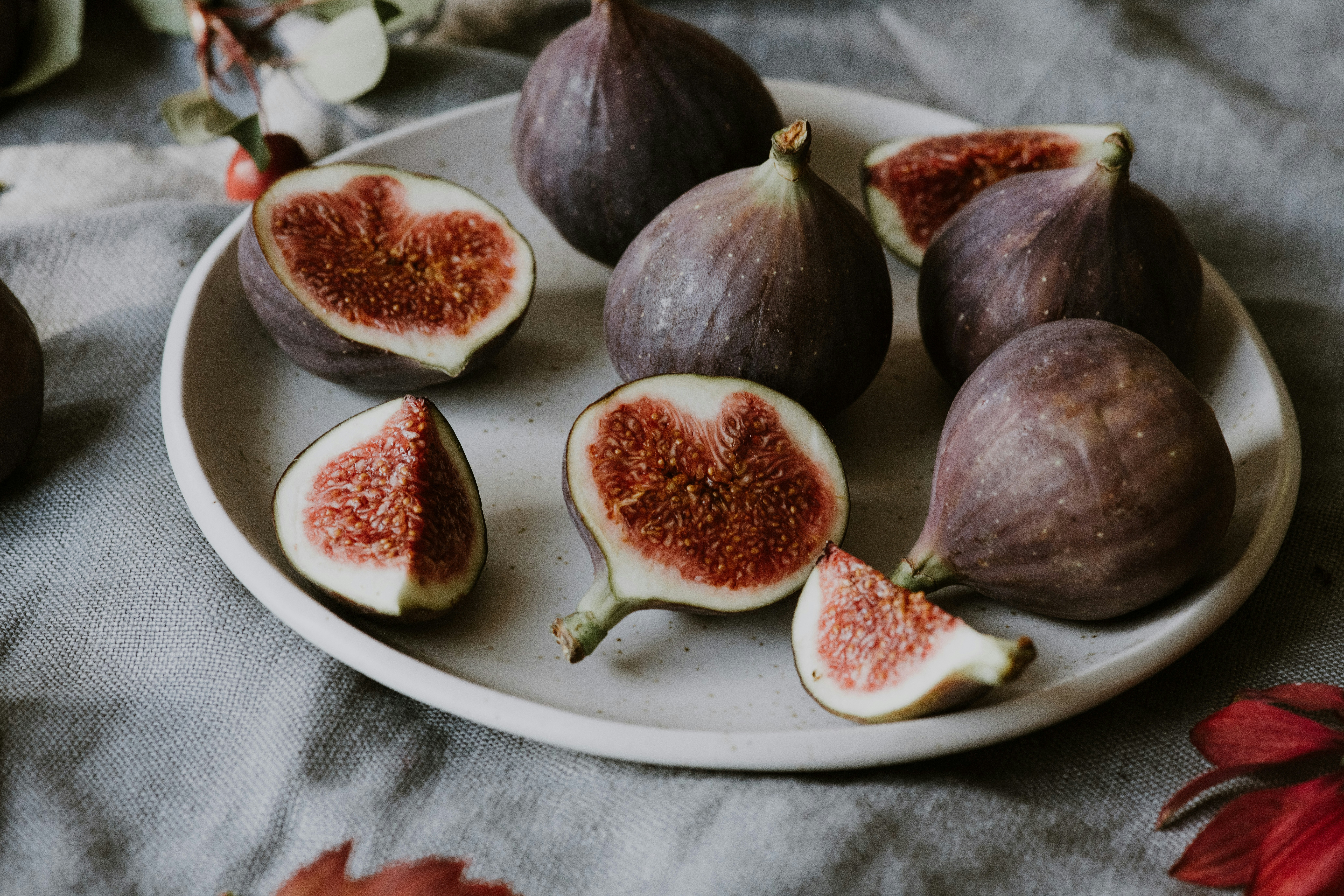Trees Which Yield Their Fruit by Kim Reisman

Scripture Focus:
Oh, the joys of those who do not follow the advice of the wicked, or stand around with sinners, or join in with mockers. But they delight in the law of the Lord, meditating on it day and night. They are like trees planted along the riverbank, bearing fruit each season. Their leaves never wither, and they prosper in all they do. But not the wicked! They are like worthless chaff, scattered by the wind. They will be condemned at the time of judgment. Sinners will have no place among the godly. For the Lord watches over the path of the godly, but the path of the wicked leads to destruction.
Psalm 1 (NLT)
Many years ago, my grandfather planted six pecan trees on his little farm. I don’t know what happened. Maybe he planted them too close together and my hunch is he probably never fertilized them. Every time we would visit my grandfather, my father would comment about how disappointed he was with those trees. They never fulfilled their purpose. They remain barren to this day.
The bible is full of stories about trees and fruit. Jesus told a parable about a barren fig tree which the master of the vineyard would have cut down had the gardener not convinced him to give him time to work with it, fertilize and cultivate it for one more year (Luke 13:6-9). Then if it did not bear fruit, he would cut it down. In one of Jesus’ most challenging teachings he used the metaphor of trees and fruit. “No good tree bears bad fruit, nor again does a bad tree bear good fruit; for each tree is known by its own fruit. Figs are not gathered from thorns, nor are grapes picked from a bramble bush” (Luke 6:43-44). One of Jesus’ harshest acts came one day when he was hungry and sought fruit from a fig tree. Finding nothing but leaves when it should have had figs, Jesus cursed it: “May no fruit ever come from you again!” (Matthew 21:19).
Our Scripture focus provides a challenging metaphor: trees which yield their fruit. The psalmist presents a graphic parallel. The godly person is like a tree planted by the riverbank, which produces fruit each season. The picture of the wicked, the “ungodly,” is in stark contrast. The writer changes the metaphor. They are like “worthless chaff, scattered by the wind.”
The prophet Jeremiah paints a similar contrast.
This is what the Lord says: “Cursed are those who put their trust in mere humans, who rely on human strength and turn their hearts away from the Lord. They are like stunted shrubs in the desert, with no hope for the future. They will live in the barren wilderness, in an uninhabited salty land. But blessed are those who trust in the Lord and have made the Lord their hope and confidence. They are like trees planted along a riverbank, with roots that reach deep into the water. Such trees are not bothered by the heat or worried by long months of drought. Their leaves stay green, and they never stop producing fruit. (Jeremiah 17:5-8, NLT)
The message is clear in both the psalm and the prophet. There are two choices. Trust in ourselves or trust in God. Those who trust in themselves will be like chaff that’s scattered by the wind, like a stunted shrub in the desert. But the person who trusts in God is like a tree planted by the riverbank that yields its fruit each season.
We’re working through the cardinal and theological virtues defined by the Church as wisdom, courage, justice, temperance, faith, hope, and love. We’ll also look at the fruits of the Spirit which Paul named as love, joy, peace, patience, kindness, generosity, faithfulness, gentleness, and self-control (Galatians 5:22-23). As we look at all of these, the image of fruit will be important to keep in our minds. As we pursue a life of goodness, as Christians we’re pursuing a life of faith in God and our “delight is in the law of the Lord.” Trusting in God, enable us to be like trees planted by the riverbank. As Jeremiah says, no matter what happens – how much “heat” comes or whether “drought” pervades our lifescape – we’re not anxious and don’t cease to bear fruit.
The classic virtues we’re exploring are disciplines we exercise and ideals we seek in our quest for goodness and the life to which God calls. They are also the fruit that grows as our lives become like trees with roots going down deep into God’s grace.
As you continue in your prayer and fasting routine, think of two people who embody the image of a tree planted by the riverbank. What are their characteristic traits? How do they relate to others? How do they reflect integrity and genuine goodness? How do they earnestly seek to be good? I pray that you might use their example to strengthen you as you seek to become like a tree with roots going deep into the waters of God’s grace.